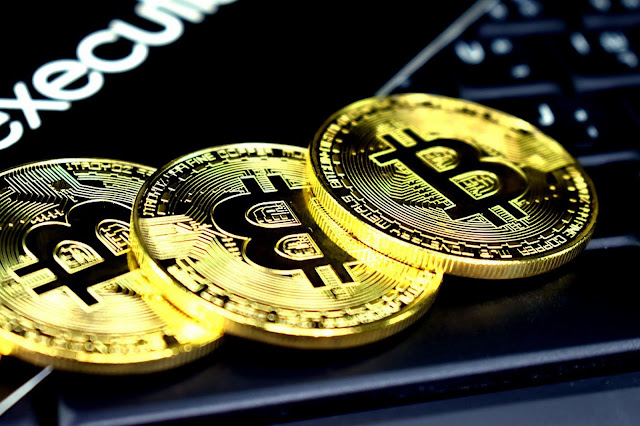Many developing countries and under-developed countries have a very pessimistic perspective on cryptocurrency because they perceive it as a factor affecting their current anti terrorism laws. Crypto currency particularly Bitcoin, for illustration, serves as a money laundering vehicle for terrorism in many countries including Pakistan. Countries that have chosen to ban it have similar views and positions.
Users have found the way out to make their
identity anonymous and are keeping this currency. For example, they could
use Tor
browser to create their bitcoin wallets anonymously.
Then, send the coin to a bitcoin tumbler like Onion Mixer -that’s
only available on the deep web (anonymously)- to mix the coins and send them
wherever they so desire, with no record or logs of it ever occurring.
Why Countries Say No to Bitcoin?
Because of its volatility, decentralized nature,
perceived threat to current monetary systems, and links to illicit activities
like drug trafficking and money laundering, many countries suspect its
existence a threat. Many nations have tried to cut off any support from the
banking and financial
system essential for its trading and use.
Note that despite the
bans and restrictions Cryptocurrency is still being used for trading and other
purposes. Due to the nature of decentralized cryptocurrencies, it is simply
impossible to ban them. Many individuals in those countries still make use of
sites like Local Bitcoins, Paxful or Bisq to trade it with others, as
indicated by the trading volumes on these platforms.
#cryptocurrrency #bitcoin #libra
#cryptocurrrency #bitcoin #libra

Thanks for sharing such a good blog.
ReplyDelete👏👏👌👌
ReplyDeleteSo, should it be banned or not?
ReplyDeleteIf it's the cause of money laundering and terrorist financing then it should be!
DeleteAre Cryptos stored in a digital wallet?
ReplyDeletereally helpful to understand this important thing
ReplyDelete👍🏻
ReplyDelete